Introduction
The rapid evolution of IT technology has profoundly impacted the data science and analytics industry, enabling organizations to harness and leverage data in ways that were once unimaginable. With advancements in big data, cloud computing, artificial intelligence, and machine learning, IT technology has transformed how data is collected, processed, and analyzed.
These innovations empower businesses across industries to derive actionable insights and make data-driven decisions at unprecedented speed and scale. This dynamic synergy between IT and data science is not only driving operational efficiency but also opening new possibilities for innovation and growth.
1. Enhanced Data Processing Capabilities
Big Data Technologies: IT advancements in big data technologies like Hadoop, Apache Spark, and NoSQL databases allow for faster processing and management of vast datasets. These tools empower data scientists to work with petabytes of data and extract insights in real time or near real-time.
Cloud Computing: Cloud platforms like AWS, Google Cloud, and Azure provide scalable and flexible storage and computing resources. This shift has reduced the need for physical infrastructure, allowing organizations to leverage massive computing power cost-effectively, even for small or mid-sized companies.
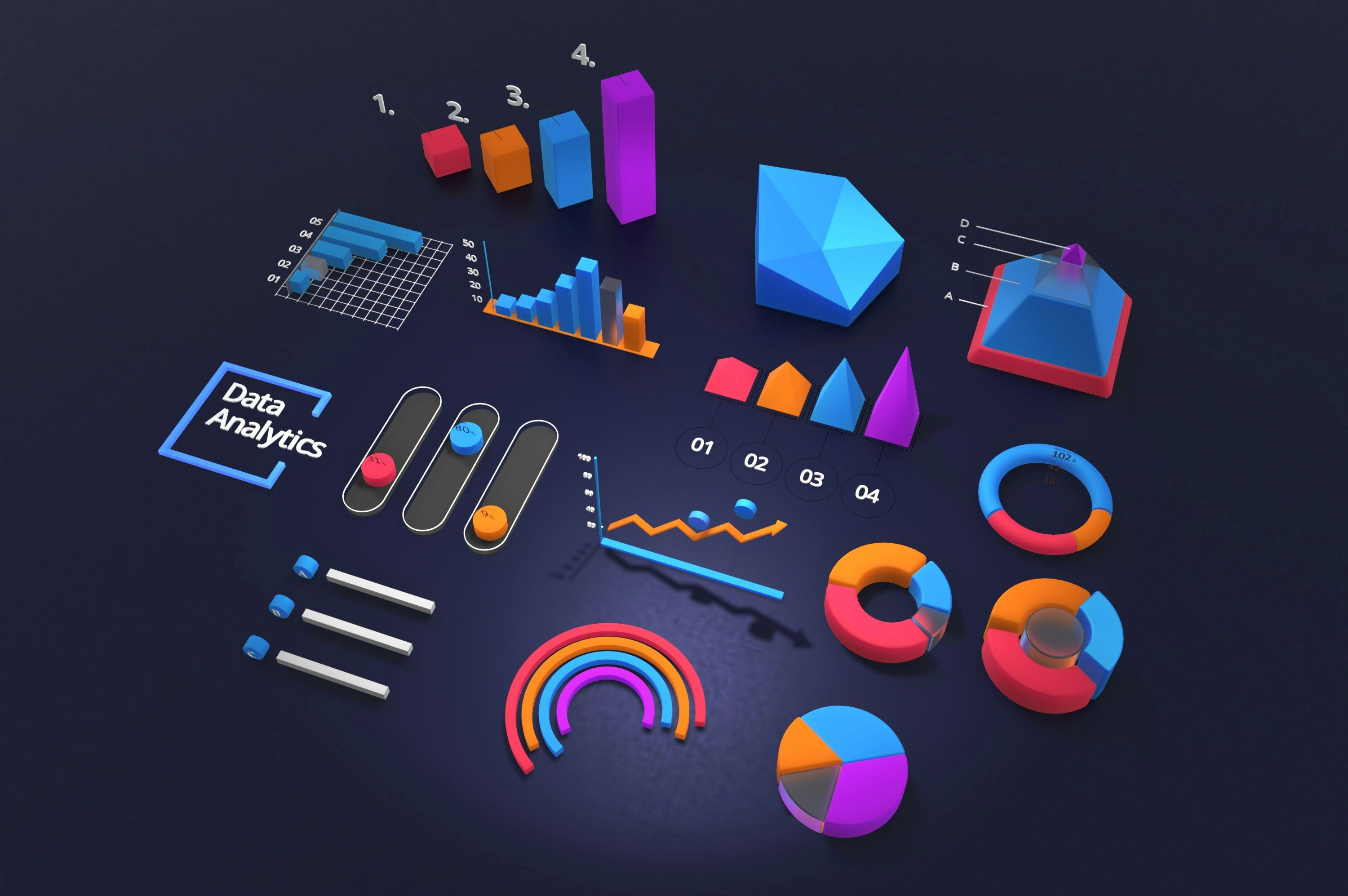
2. Artificial Intelligence and Machine Learning (AI/ML) Integration
Automated Insights and Predictive Analytics: IT advances in AI and ML allow data scientists to develop sophisticated algorithms that automate the detection of patterns, trends, and anomalies. Predictive models now help businesses forecast trends, optimize operations, and make proactive decisions based on likely outcomes.
Natural Language Processing (NLP): With NLP advancements, IT technology enables machines to interpret human language, making data extraction from unstructured sources, such as social media and customer feedback, more efficient and actionable.
3. Improved Data Visualization and Business Intelligence Tools
Advanced Visualization Software: Tools like Tableau, Power BI, and D3.js have simplified the data visualization process, allowing non-technical users to interpret complex data more effectively. These tools offer customizable, interactive dashboards that present data in an accessible format for decision-makers.
Augmented Analytics: IT-driven augmented analytics use AI to automate data analysis, making it easier for non-data scientists to uncover trends, which democratizes data insights across organizations.
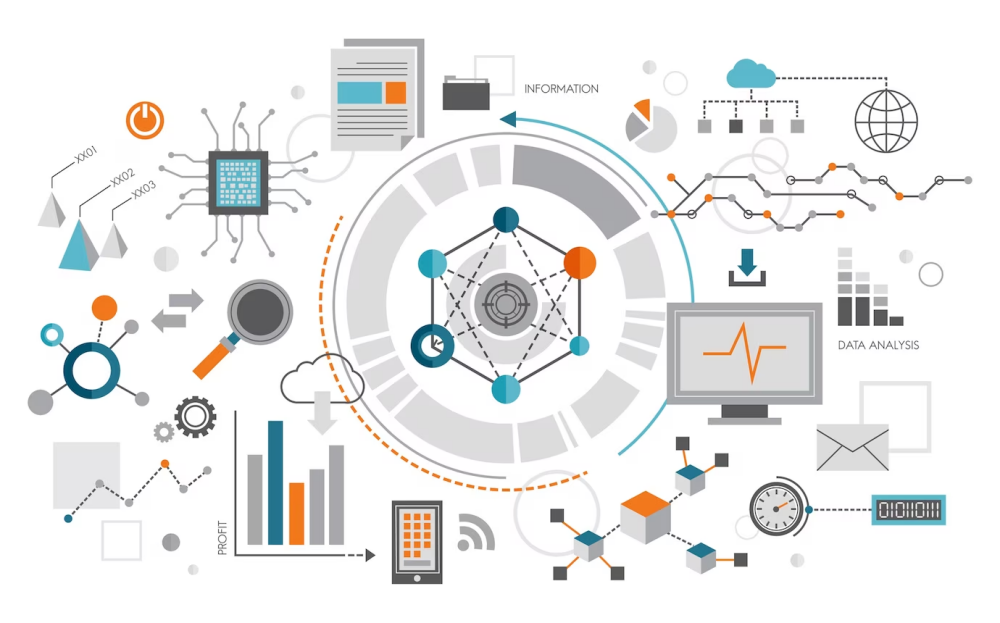
4. Data Security and Privacy Enhancements
Enhanced Data Protection Techniques: Technologies such as encryption, tokenization, and secure multi-party computation protect sensitive data in analytics workflows, addressing regulatory requirements like GDPR and HIPAA.
Access Control and Monitoring: IT advancements in cybersecurity enable real-time monitoring, ensuring that only authorized personnel access sensitive data, which is critical in industries handling personal or financial data.
5. Real-Time Analytics and Edge Computing
Edge Computing: With edge computing, data processing occurs close to the source, enabling faster response times and minimizing data transfer costs. This is particularly valuable in industries like IoT, healthcare, and telecommunications, where real-time insights drive immediate action.
Streaming Data Analytics: Tools like Apache Kafka and Apache Flink allow real-time processing of streaming data, making it possible to analyze and act on data as it’s generated. This is essential for applications requiring quick responses, such as fraud detection and predictive maintenance.
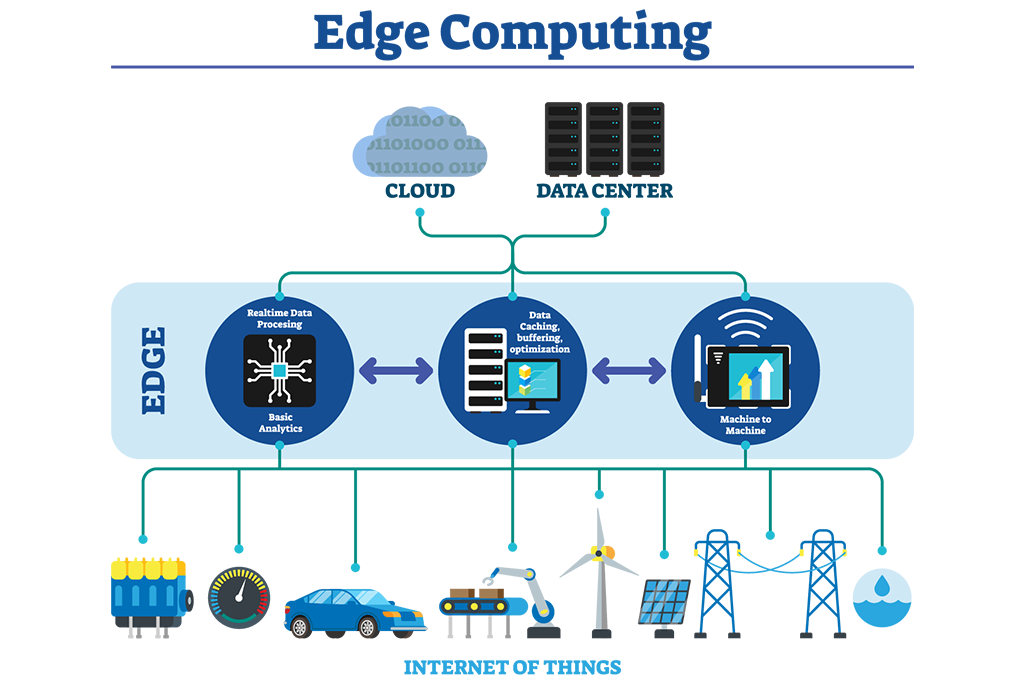
6. Collaboration and Knowledge Sharing
Version Control and Collaboration Tools: Platforms like GitHub and GitLab streamline the collaborative process, enabling data science teams to track code changes, share work, and ensure consistency across projects.
Knowledge Sharing Platforms: Jupyter Notebooks, Google Colab, and Databricks provide a shared environment where data scientists can document, share, and replicate analysis processes, increasing transparency and facilitating knowledge transfer.
7. Self-Service Analytics and Citizen Data Science
No-Code and Low-Code Solutions: IT technology has enabled the development of no-code or low-code platforms, empowering business users without deep technical expertise to create their own analytical models. This democratizes data access and analysis, accelerating insights across the organization.
Automated Machine Learning (AutoML): AutoML tools simplify the model development process, allowing business users to build ML models without needing advanced programming skills, further broadening the accessibility of data science.
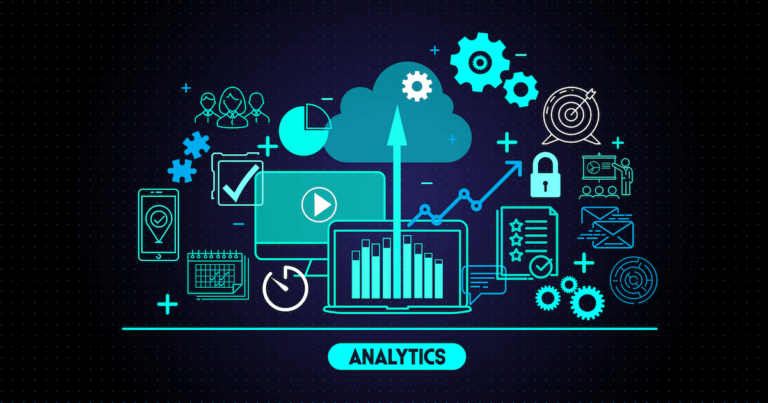
8. Ethics and Responsible AI Development
Bias Detection and Fairness Tools: IT advancements in responsible AI, such as tools for bias detection and fairness, help organizations identify potential biases in data and models. This is increasingly important for businesses aiming to use data responsibly and ethically.
Explainability and Transparency: Tools for model interpretability, such as LIME and SHAP, enable data scientists to make complex models more transparent, enhancing trust and understanding for business stakeholders.
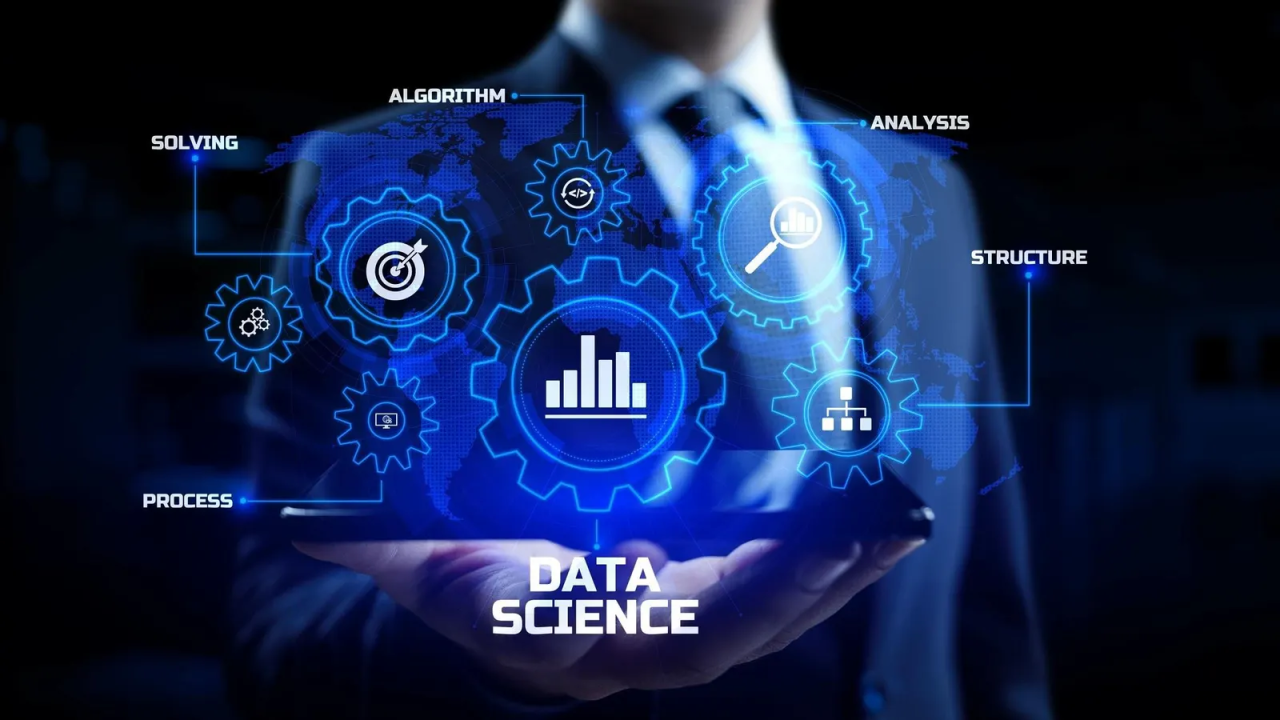
Conclusion
IT technology is the backbone of the data science and analytics industry, enabling more efficient data processing, enhanced analytics, and more accessible insights. With ongoing advancements in areas like AI, cloud computing, and real-time analytics, IT continues to expand the reach and depth of data science capabilities, making data more actionable and valuable. As IT evolves, it promises to further transform data science, democratizing access to powerful tools and insights that fuel innovation, foster transparency, and drive ethical decision-making across industries.
